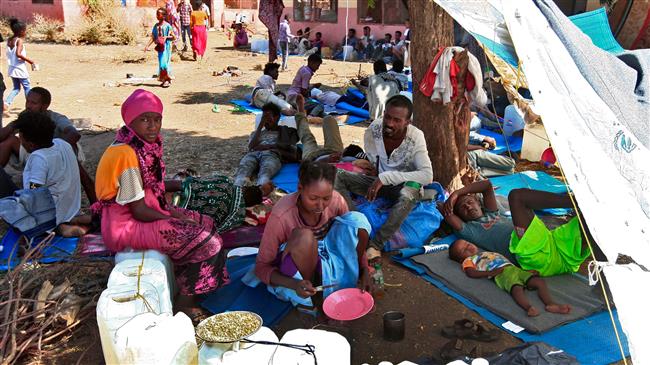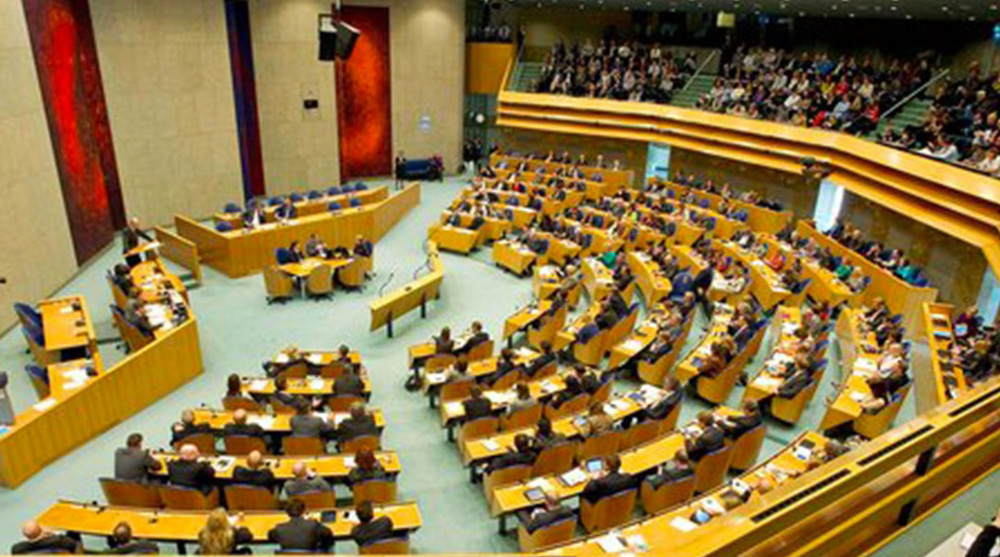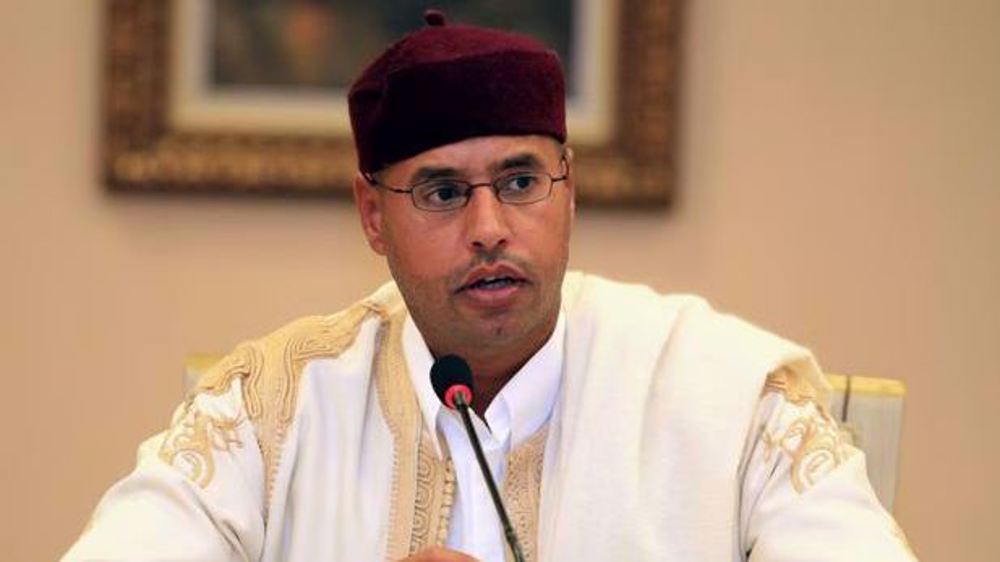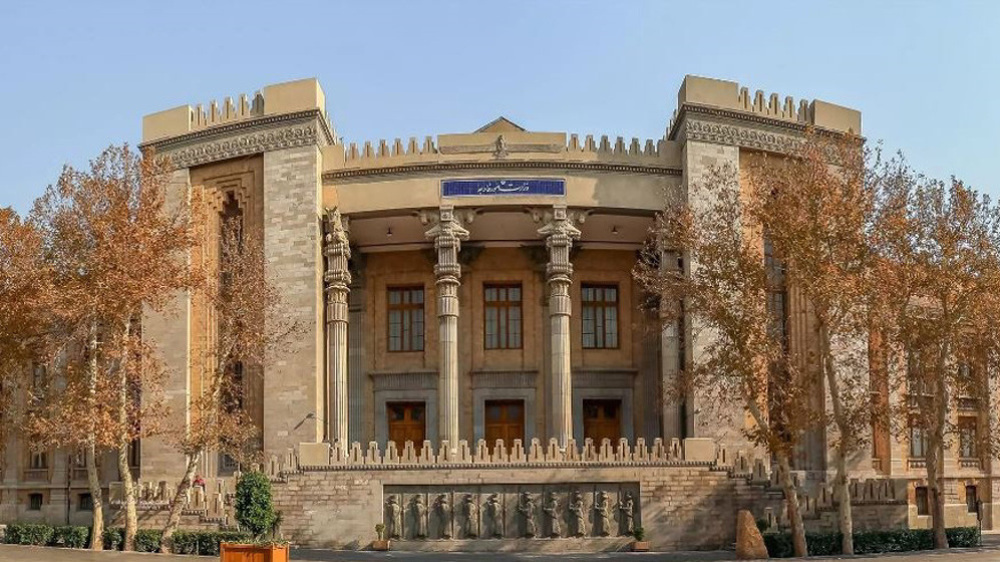Refugee settlement plunging in 2020: UN
The United Nations warned Thursday that 2020 could witness the fewest resettled refugees in almost two decades, in part due to the global pandemic.
The UNHCR, the UN Refugee Agency, said the coronavirus outbreak and a low quota to begin with had combined to strike "a blow for refugee protection".
According to the latest UNHCR data, only 15,425 refugees were resettled from January to the end of September this year, compared to 50,086 over the same period last year.
The UNHCR's published figures go back to 2003, when 27,338 refugees were resettled -- the lowest number in the records.
Since the 49,868 resettled in 2007, the figure has never gone below 50,000, and reached a high of 126,291 in 2016.
"We are dealing with a disappointingly low resettlement ceiling to begin with -- a quota of less than 50,000 for the entire year -- and this was further impacted by COVID-19 delaying departures and pausing some states' resettlement programs," said Gillian Triggs, the UNHCR's assistant high commissioner for protection.
"Current rates point to one of the lowest levels of resettlement witnessed in almost two decades. This is a blow for refugee protection and for the ability to save lives and protect those most at risk."
The agency has submitted resettlement files for more than 31,000 refugees, of which roughly half have so far been taken up.
Of the refugees that were resettled so far this year, Syrians comprised the bulk (41 percent) followed by Congolese (16 percent). Others were from 47 countries of origin, including Iraq, Myanmar and Afghanistan.
Most had legal and physical protection needs, were survivors of violence or torture or were women and children at risk, the UNHCR said.
The agency said it was encouraged that some 1,027 refugees left Lebanon for nine resettlement countries in August and September in the wake of the devastating Beirut port explosion.
The Refugee Agency urged countries to resettle as many refugees as possible this year and to maintain resettlement quotas for 2021.
"Expanding safe and legal pathways to protection, including through resettlement, saves refugees' lives and it can also mitigate their resort to dangerous journeys by land or sea," said Triggs.
According to estimates released in June by the UNHCR, more than 1.4 million refugees living in 62 host countries will need resettlement in third countries next year.
(Source: AFP)
#IR47: How 1979 Islamic Revolution ignited global movements – from South Asia to Africa and beyond
Iran’s 14th AFC futsal title after thrilling penalty shootout reinforces its Asian dominance
How Iranians made ice thousands of years before Europe
While fully prepared, Iran not after initiating regional war: Top general
Israeli ban plunges Gaza critical lifeline into risk: MSF
Iran pursues diplomacy while standing ready for war: FM Araghchi
Somalia president vows to prevent any Israeli military base in Somaliland
Pezeshkian: Iran’s nuclear logic rooted in rights enshrined in NPT










 This makes it easy to access the Press TV website
This makes it easy to access the Press TV website